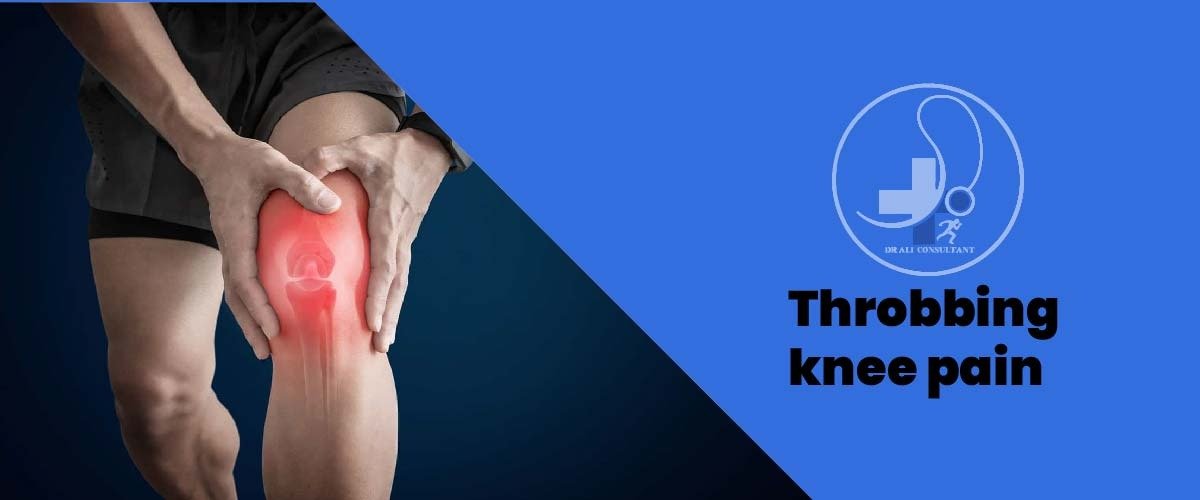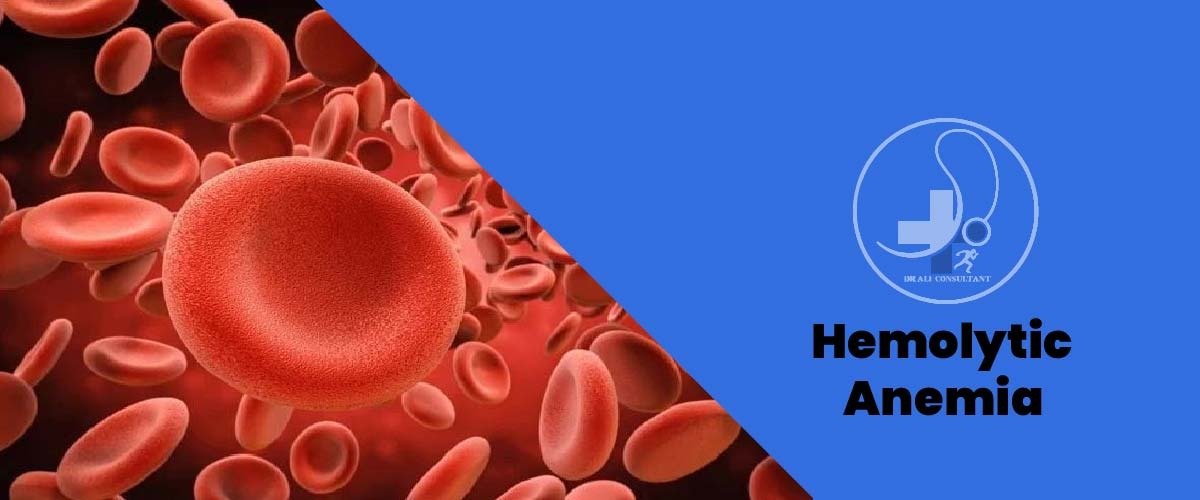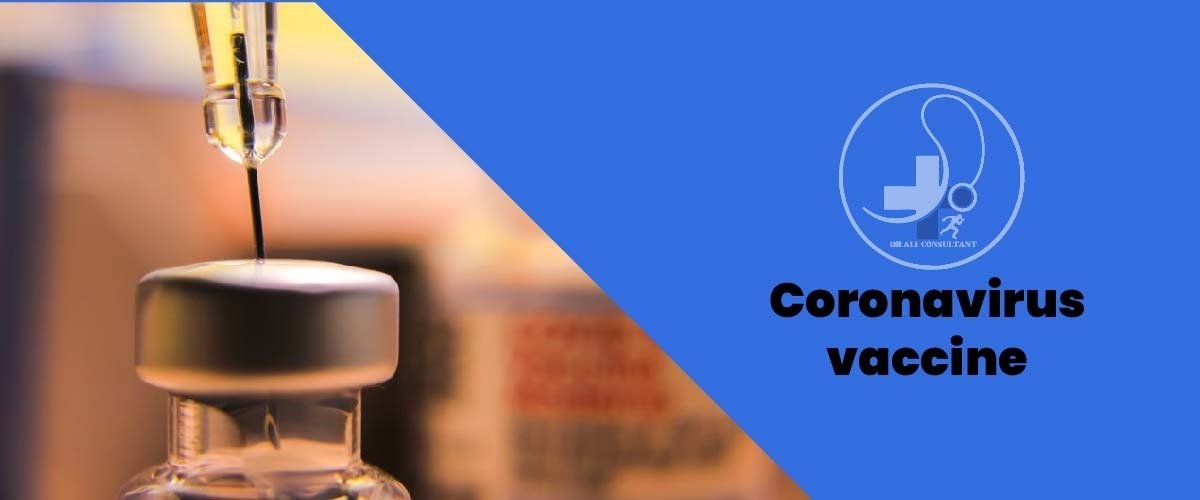Side effects, Reasons, and Treatment
Gastroesophageal reflux infection (GERD), otherwise called gastro-oesophageal reflux illness (GORD), gastric reflux sickness, or indigestion infection, is a constant condition described by the discharge of stomach corrosive into the throat, prompting mucosal harm. In this thorough aide, we will dive into the different parts of GERD, including its causes, side effects, analysis, and treatment choices.
Reasons for GERD

GERD basically results from a failing lower esophageal sphincter, a valve-like muscle that regularly keeps the items in the stomach from streaming once more into the throat. Gives plunge access to certain reasons, Hiatal Hernias: A hiatal hernia happens when a piece of the stomach juts through the stomach into the chest cavity, debilitating the hindrance between the stomach and throat. Corpulence: Overabundance body weight can increment stomach pressure, pushing stomach contents upwards into the throat. Zollinger-Ellison Disorder: This uncommon condition prompts over the top creation of stomach corrosive, prompting expanded GERD risk. Hypercalcemia: Raised degrees of calcium in the body can loosen up the lower esophageal sphincter, permitting heartburn. Scleroderma: A connective tissue issue that can influence the throat and debilitate its solid capability. Certain Drugs: A few meds, for example, anticholinergics, calcium channel blockers, and nitrates, can add to GERD. GERD can likewise appear as respiratory and laryngeal side effects, known as laryngopharyngeal reflux (LPR) or extraesophageal reflux illness (EERD). Albeit not authoritatively demonstrated, factors related with GERD might incorporate obstructive rest apnea and gallstones.
Diagnosis of GERD
Diagnosing GERD normally includes recognizing normal side effects and giving proof of reflux. Analytic techniques include:
- Esophagogastroduodenoscopy (EGD): This strategy utilizes an adaptable cylinder with a camera to inspect the throat, stomach, and duodenum for indications of harm brought about by indigestion.
- Esophageal pH Observing: This test estimates the causticity levels in the throat north of a 24-hour time span, assisting with affirming the presence of unusual heartburn.
Endoscopy is frequently suggested for people who don’t answer treatment or display concerning side effects. During gastroscopy, biopsies might be taken to distinguish different esophageal circumstances.
Treatment Choices
Treatment for GERD can envelop way of life changes, prescriptions, and, in extreme cases, medical procedure. Here are the key treatment systems:
Way of life Changes:
- Weight reduction: Shedding overabundance weight can diminish stomach pressure and lighten side effects.
- Lifting the Highest point of the Bed: Setting down with the chest region raised can help with thwarting acid reflux during the night.
- Keeping away from Trigger Food varieties: Certain food varieties and drinks, like hot, greasy, and acidic things, can demolish GERD side effects
Medications:
- Proton Siphon Inhibitors (PPIs): PPIs are profoundly compelling in diminishing stomach corrosive creation and mending esophageal harm.
- H2 Receptor Blockers: These drugs decrease corrosive creation and give alleviation from acid reflux.
- Stomach settling agents/ Antacids: Over-the-counter stomach settling agents can give transient alleviation by killing stomach corrosive.
Medical procedure:
- Nissen Fundoplication: This surgery includes folding the highest point of the stomach over the lower throat to fortify the lower esophageal sphincter.
The study of disease transmission of GERD

GERD influences a critical part of the Western populace, with a higher pervasiveness among more established grown-ups. In the US, around 20% of individuals experience GERD side effects week by week, and 7% experience them day to day. Orientation doesn’t fundamentally influence the event of GERD.
Signs and Symptoms
Normal side effects of GERD incorporate acid reflux and disgorging, while more uncommon side effects might incorporate torment with gulping, expanded spit creation, queasiness, chest agony, and hacking. Whenever left untreated, GERD can prompt esophageal confusions, including reflux esophagitis, esophageal ulcers, Barrett’s throat, and, surprisingly, esophageal adenocarcinoma.
GERD in Youngsters

Diagnosing GERD in babies and youngsters can challenge, as it frequently gives side effects like heaving, hacking, wheezing, from there, the sky is the limit. Luckily, most youngsters grow out of GERD by their most memorable birthday, however at times, it might persevere, particularly in the event that there is a family background of the condition.
Barrett's Throat
Ongoing GERD can prompt the improvement of Barrett’s throat, a condition that expands the gamble of esophageal disease. Normal reconnaissance, including endoscopy, is suggested for people with persistent heartburn or long haul utilization of GERD meds.
Authentic Viewpoint
Previously, surgeries like vagotomy, which included the evacuation of vagus nerve branches innervating the stomach lining, were utilized to treat GERD. Be that as it may, these careful methodologies have to a great extent been supplanted by meds and less intrusive careful strategies.
Conclusion
GERD is a typical and possibly difficult condition described by the discharge of stomach corrosive into the throat. Grasping its causes, side effects, conclusion, and treatment choices is fundamental for overseeing and lightening the distress and potential difficulties related with GERD. In the event that you suspect you might have GERD or are encountering diligent side effects, counsel a medical care proficient for a legitimate assessment and customized therapy plan.


